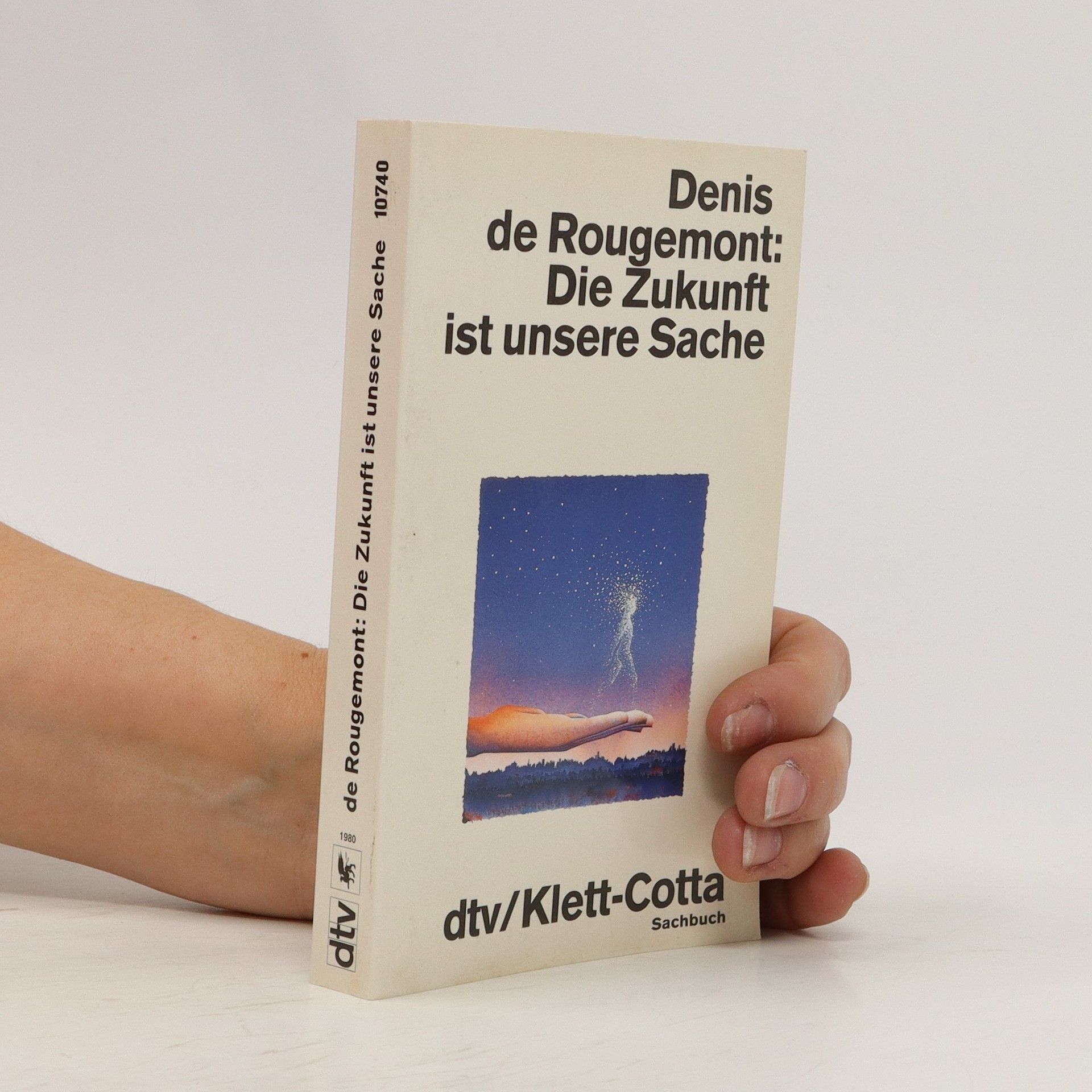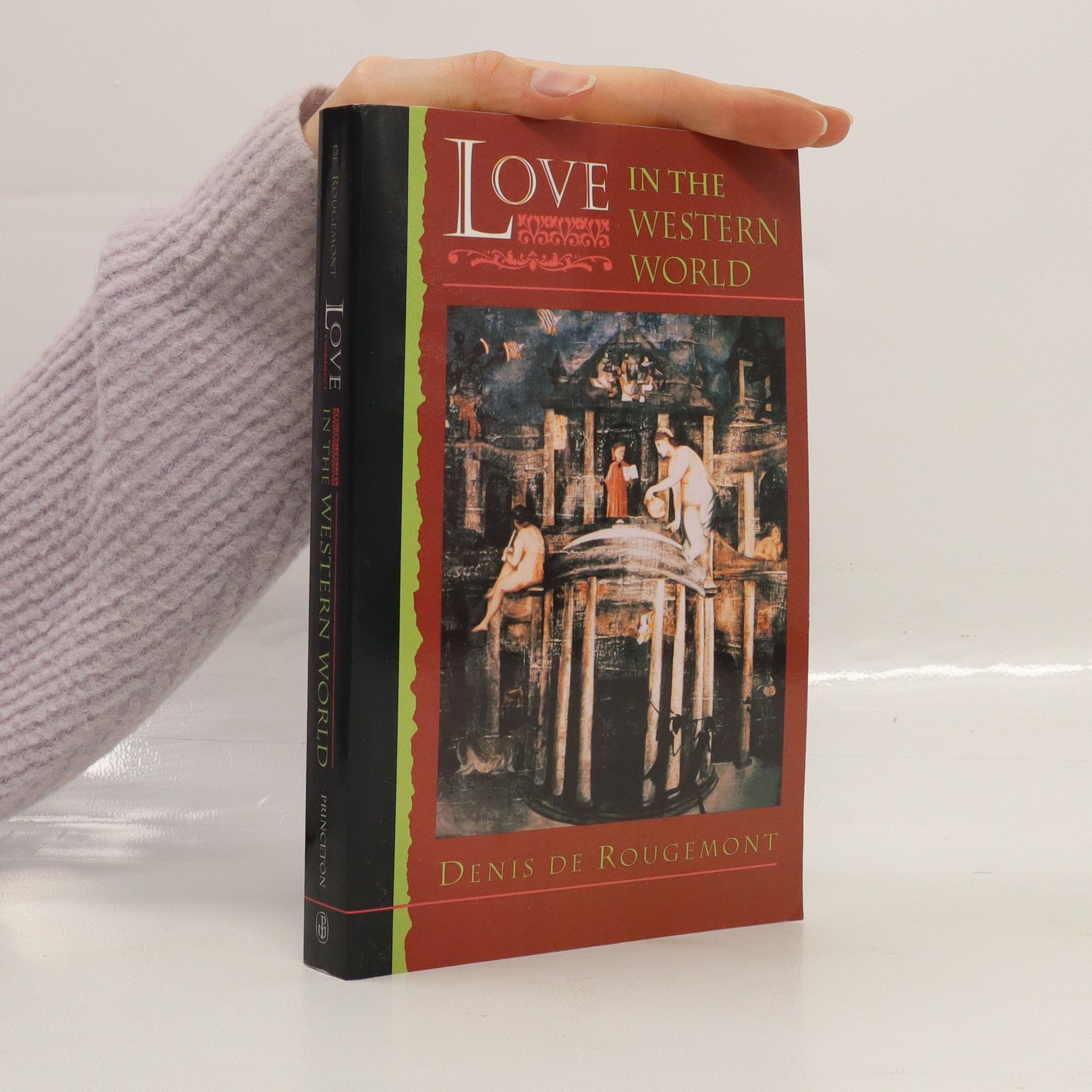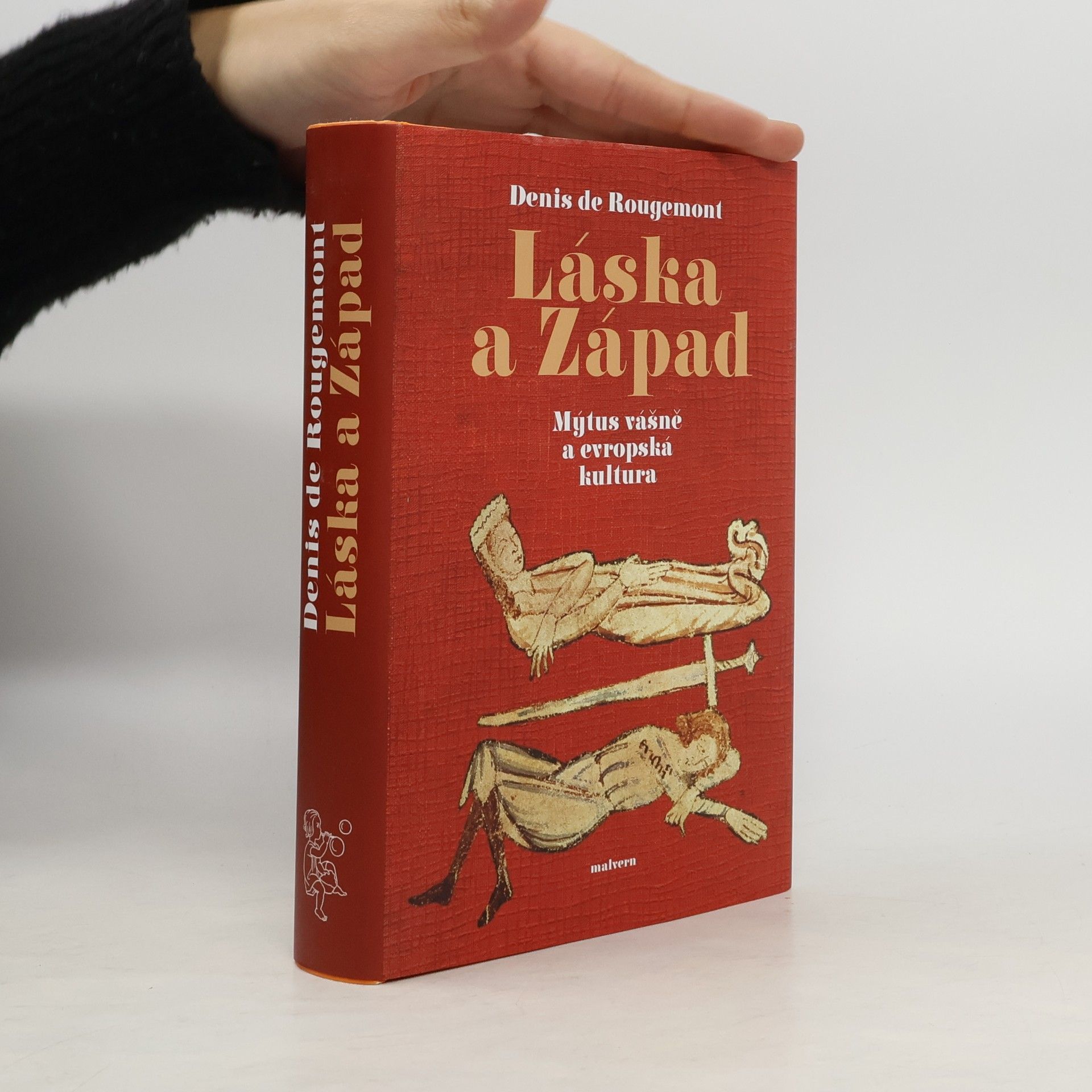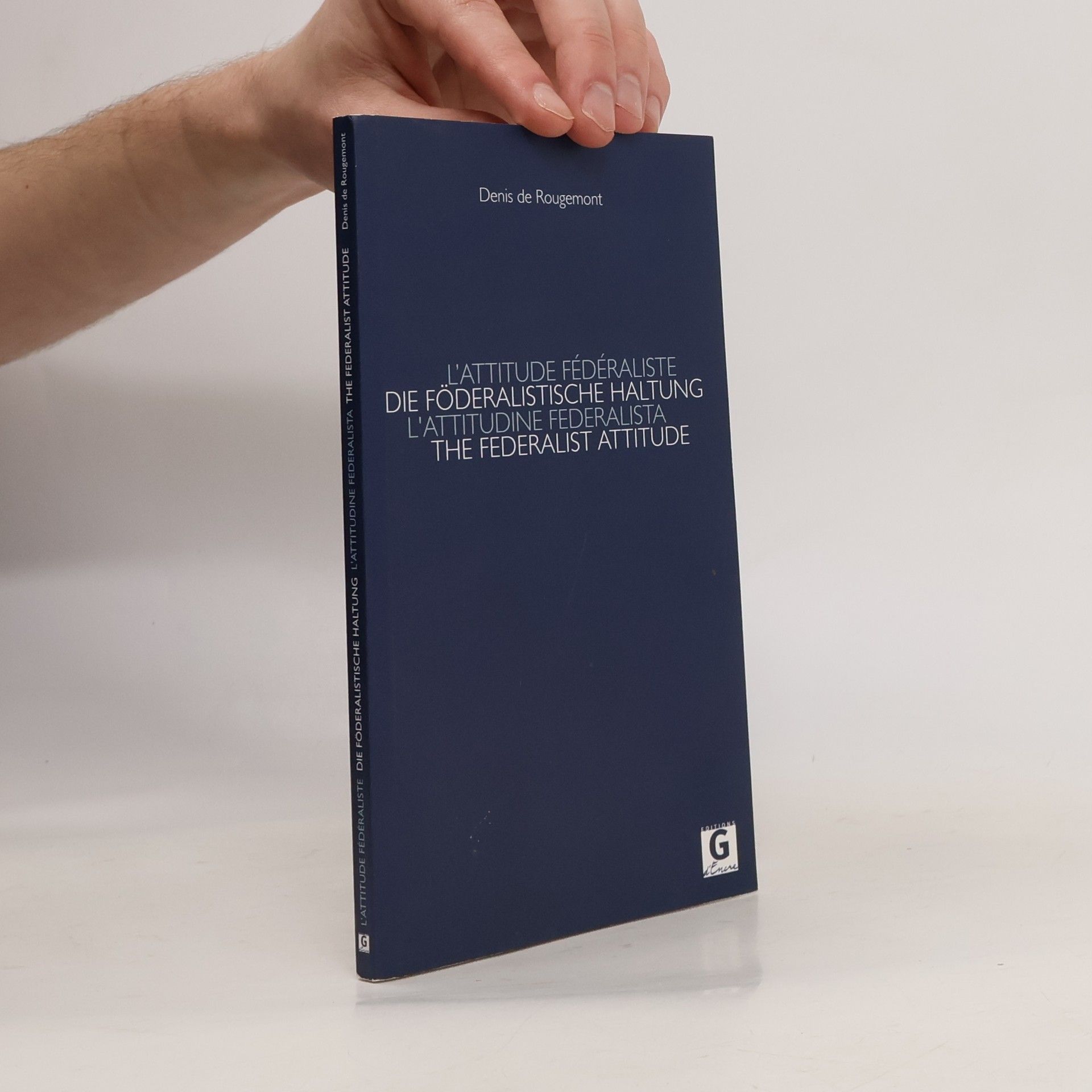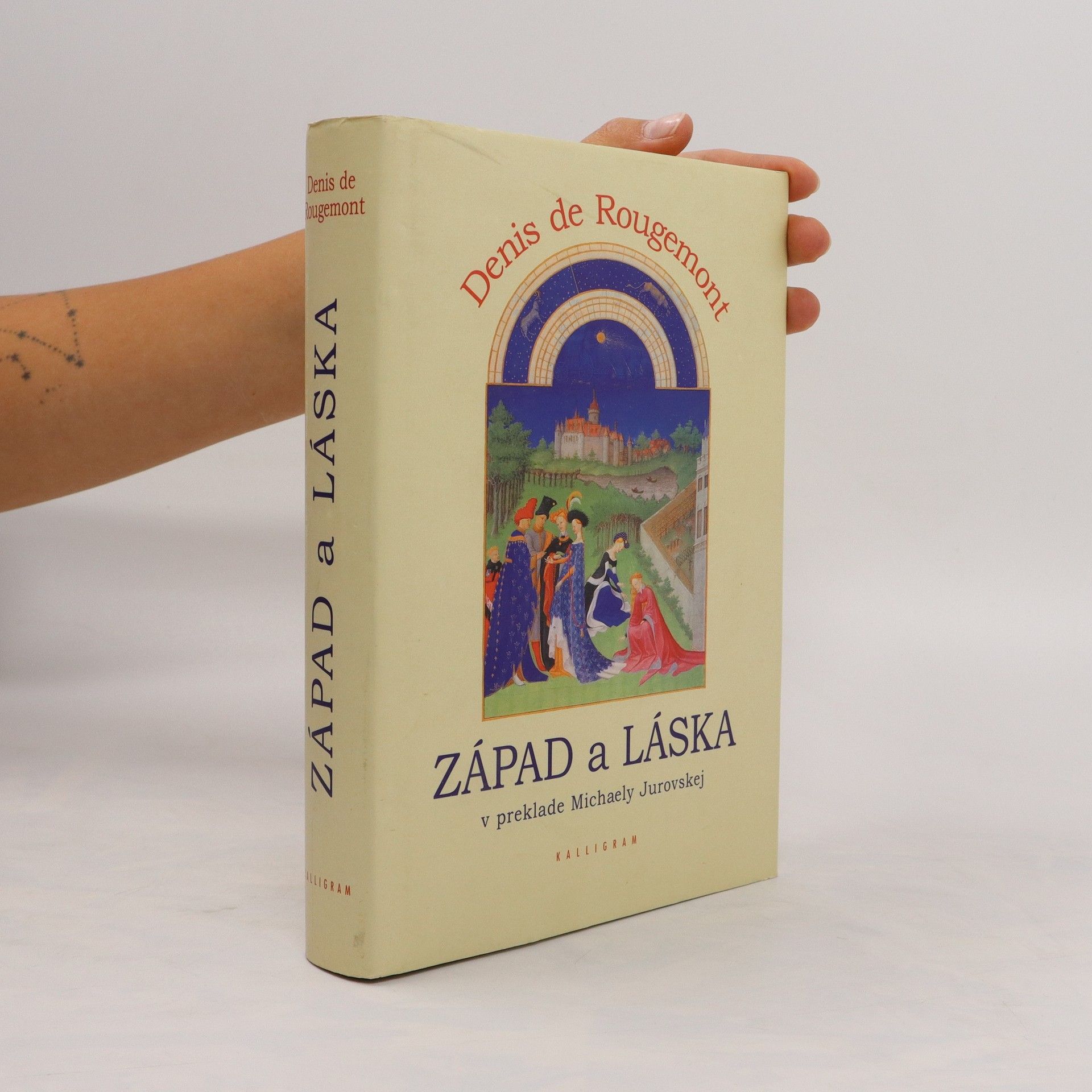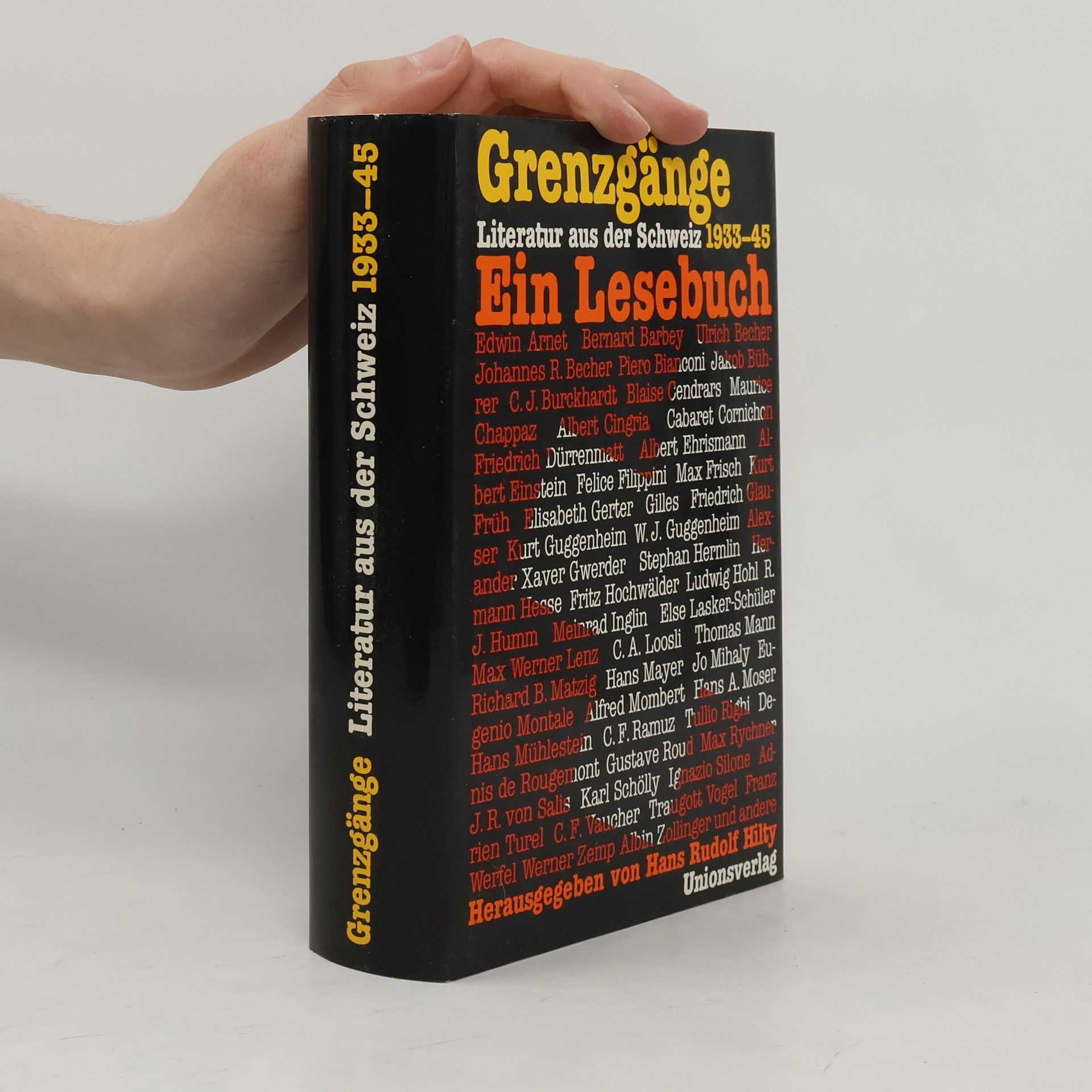Láska a západ: Mýtus vášně a evropská kultura
- 540 pages
- 19 hours of reading
Švýcarský filosof a esejista Denis de Rougemont (1906–1985) patřil k nejproslulejším evropským intelektuálům 20. století. Počínaje rokem 1930 se vřadil do okruhu francouzských personalistů (prosazujících třetí cestu oproti individualismu i kolektivismu), po druhé světové válce pak též obhajoval a aktivně prosazoval ideu evropské federace. Jeho zdaleka nejslavnějším dílem zůstává Láska a Západ, spis, jehož prvním vydáním v říjnu 1939 k sobě autor okamžitě přitáhl pochvalnou i kritickou pozornost celé západní kulturní veřejnosti. Kritický výklad příběhu Tristana a Isoldy jakožto mýtu, který se počínaje středověkem stává hlavní hybnou silou duchovní Evropy a uvolňuje v ní síly tvůrčí i ničivé, překračuje hranice všech akademických disciplín a ani s odstupem takřka sto let neztrácí na působivosti.





